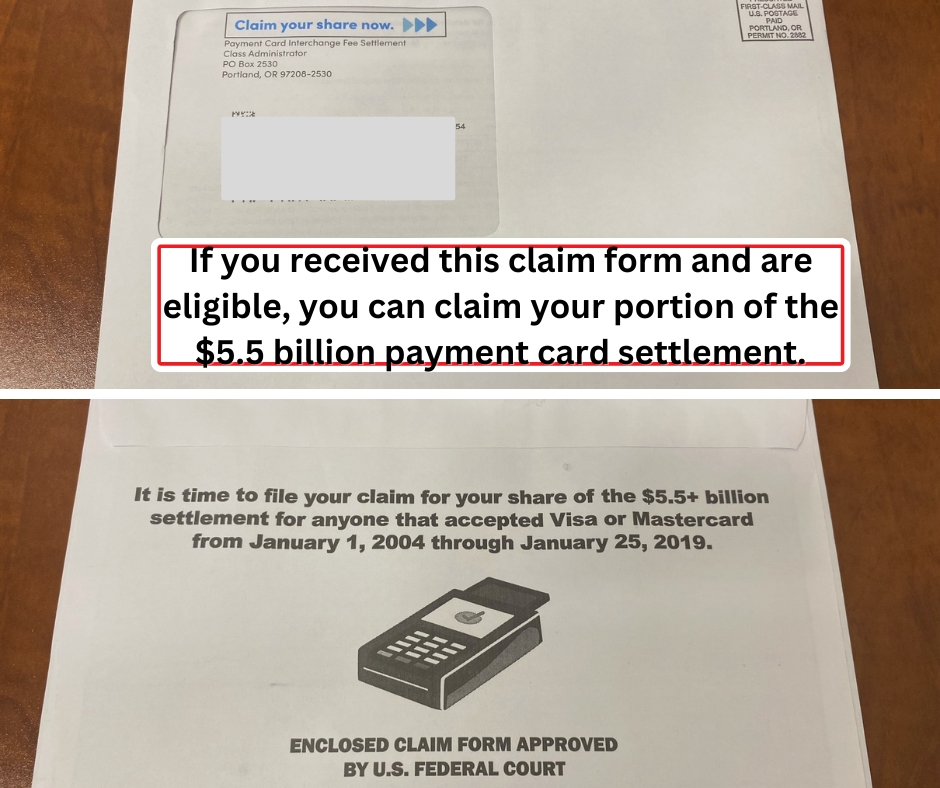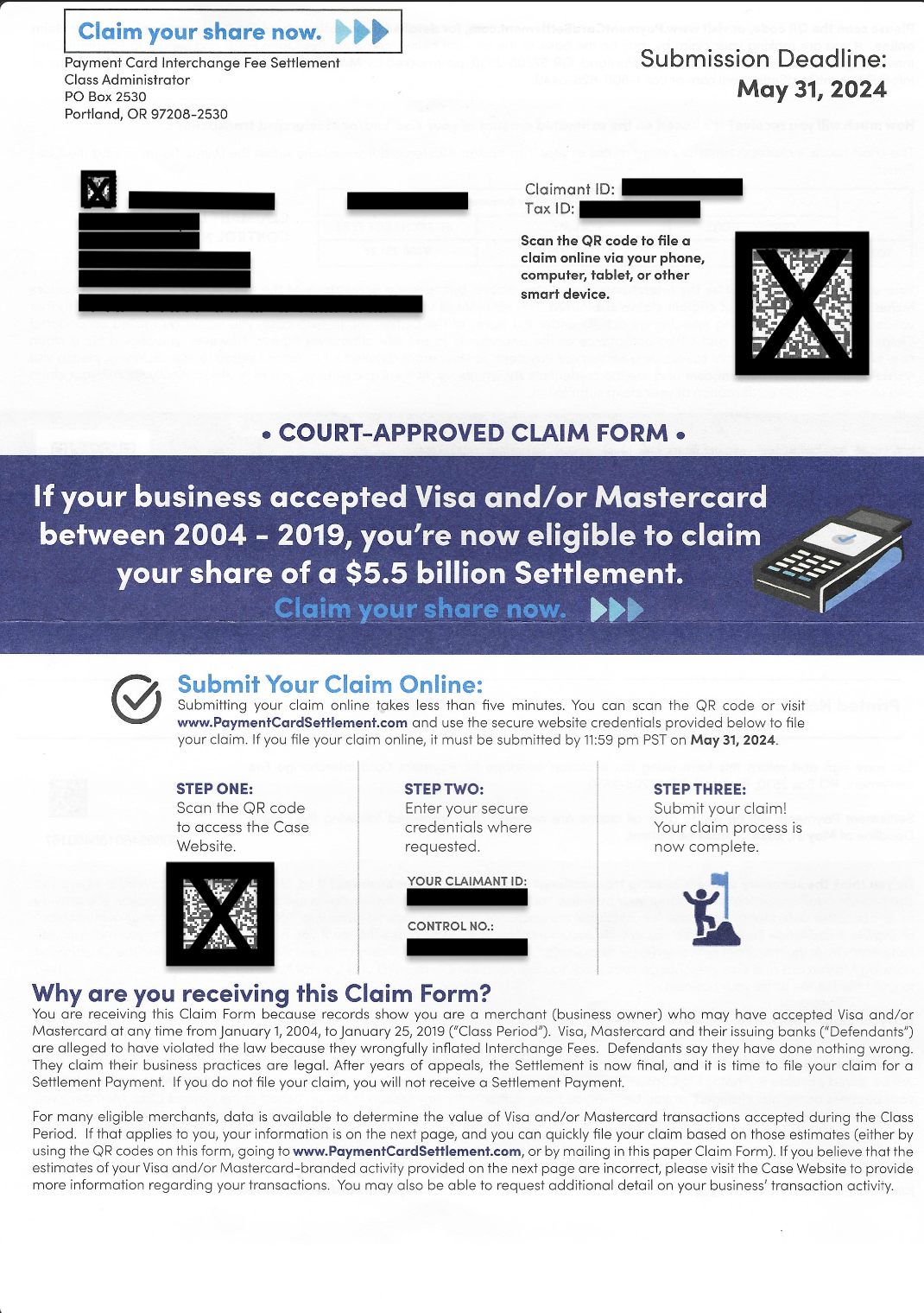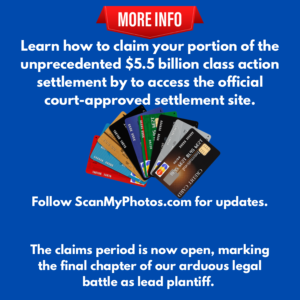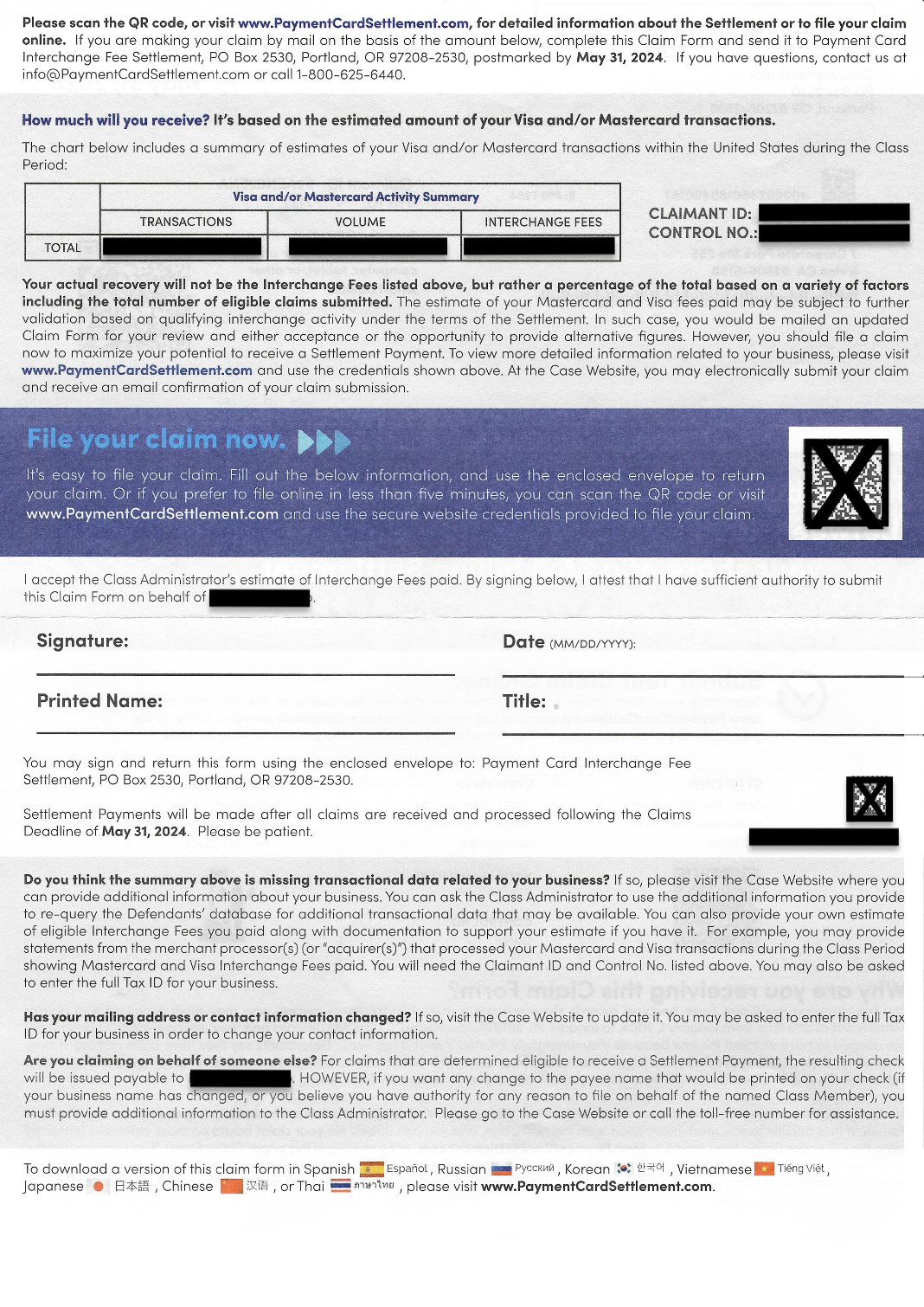Payment card settlements represent one of the most crucial aspects of modern financial transactions. Whether you’re a business owner processing customer payments or an individual making purchases, understanding the legitimacy of payment card settlements is essential. In this article, we’ll explore what payment card settlements entail, their processes, and how to navigate the landscape while ensuring secure and legitimate transactions.
Understanding Payment Card Settlements
A payment card settlement is the final step in a transaction where funds are moved from the customer’s bank account to the merchant’s account. It typically occurs after a cardholder makes a purchase, triggering a series of processes involving various stakeholders.
The Payment Card Settlement Process
The payment card settlement process can be broken down into several key stages:
- Transaction Initiation: The process begins when a cardholder provides their payment information to a merchant to complete a transaction.
- Authorization: The merchant’s payment processing system communicates with the cardholder’s bank to verify the transaction’s legitimacy and available funds.
- Clearing: After authorization, the transaction details are sent to a clearing house, which manages the transaction between the banks involved.
- Settlement: Finally, the funds are transferred from the cardholder’s bank to the merchant’s bank, completing the transaction.
Legitimacy of Payment Card Settlements
When evaluating whether payment card settlements are legitimate, it is essential to consider various factors including the platforms used for processing, the underlying technology, and the regulatory framework in place.
Regulatory Framework and Compliance
In the United States, payment card settlements are governed by various regulations, ensuring consumer protection and fair practices. Key legislation includes:
- Payment Card Industry Data Security Standards (PCI DSS): A set of security standards designed to ensure that all companies that accept, process, store, or transmit credit card information maintain a secure environment.
- Electronic Fund Transfer Act (EFTA): Protects consumers engaging in electronic fund transfers, including debit card transactions.
- Consumer Financial Protection Bureau (CFPB): An agency that enforces consumer protection laws and ensures fair treatment in financial transactions.

Common Myths about Payment Card Settlements
Many misconceptions surround payment card settlements. Let’s debunk a few common myths:
- All Payment Processors are Unreliable: While some processors may have subpar practices, many reputable companies follow strict guidelines and offer secure services.
- Settlements are Irreversible: In cases of fraud, consumers typically have recourse through chargebacks or disputes.
- Payment Card Settlements are Expensive: While fees do exist, they are often justified by the security and convenience provided.
Platforms and Services for Payment Card Settlement
There are numerous platforms and services available for handling payment card settlements. Below, we will explore some of the most popular options and their respective pros and cons.

1. PayPal
PayPal is one of the most well-known platforms for online transactions. It allows users to send and receive money efficiently.
Pros:
- User-friendly interface.
- Wide acceptance among merchants.
- Strong customer protection policies.
Cons:
- Transaction fees can be relatively high.
- Account limitations in some cases if policies are violated.
2. Square
Square is a popular choice for small businesses, providing an all-in-one payment processing solution.
Pros:
- No monthly fees for basic services.
- Easy-to-use point-of-sale hardware.
- Real-time sales analytics.
Cons:
- Transaction fees can add up with larger volumes.
- Limited international payment options.

3. Stripe
Stripe offers online payment processing primarily for e-commerce businesses, with comprehensive API options for developers.
Pros:
- Highly customizable payment options.
- Supports a range of payment methods.
- Excellent developer documentation.
Cons:
- Can be complex for non-developers to set up.
- May require coding knowledge for full functionality.
Comparison Table of Payment Processing Platforms
| Platform | Pros | Cons | Best For |
|---|---|---|---|
| PayPal | User-friendly, wide acceptance, strong protection | High fees, account limitations | Personal transactions, small businesses |
| Square | No monthly fees, easy hardware, analytics | High fees, limited international options | Small retailers, local businesses |
| Stripe | Customizable, supports many methods, excellent docs | Complex for non-devs, coding skills needed | E-commerce, tech-savvy businesses |

Tips for Ensuring Legitimate Payment Card Settlements
To ensure that your payment card settlements are legitimate, consider the following tips:
- Use Reputable Payment Processors: Stick to well-known processors with a strong reputation.
- Monitor Account Activity: Regularly check your transaction history for any suspicious activity.
- Implement Strong Security Measures: Use two-factor authentication, secure passwords, and encryption when handling payments.
- Educate Staff: Train employees on recognizing potential fraud and safe payment practices, especially in retail environments.
Real-Life Experiences and Cultural Perspectives
In the United States, the use of payment cards is prevalent, with millions of transactions occurring daily. Cultural experiences can vary significantly based on location and context.
Urban vs Rural Perspectives
In urban areas, people are accustomed to using digital wallets and contactless payments, while in rural communities, traditional card payments might still dominate. Understanding these nuances is crucial for merchants and service providers aiming to cater to diverse populations.

Consumer Trust and Adoption
Trust plays a pivotal role in how consumers adopt payment card technologies. For example, younger generations are more likely to embrace mobile payments, while older generations may have reservations about the security of such technologies. Merchants must be aware of these dynamics to effectively promote their payment solutions.
Frequently Asked Questions (FAQs)
1. How secure are payment card settlements?
Payment card settlements are generally secure, especially when conducted via reputable platforms that comply with PCI standards. However, users should always be vigilant and monitor their accounts for any irregularities.

2. What should I do if I suspect fraud?
If you suspect fraud, immediately contact your bank or payment processor to report the issue and potentially dispute the transaction.
3. Are all payment processors legitimate?
No, not all payment processors are created equal. Always research and choose processors with good reviews and a solid reputation.

4. Can small businesses afford to use payment processing services?
Many payment service providers, like Square, offer fee structures that are favorable for small businesses, allowing them to process payments without prohibitive costs.
5. What legal protections do consumers have in payment processing?
Consumers in the USA are protected under various laws like the EFTA, which allows for dispute resolution and fraud protection for electronic payments.

Conclusion
In conclusion, payment card settlements are indeed legitimate and crucial to facilitating transactions in today’s economy. By understanding the processes involved and adopting secure practices, both consumers and businesses can navigate the payment landscape effectively. The legitimacy of these settlements is bolstered by regulatory oversight, the use of reputable platforms, and ongoing consumer education. Whether you’re a bustling small business in a city or a new startup in a less populated area, ensuring safe and legitimate payment processes is essential for success in today’s marketplace.
For more information on payment security and regulations, consult the PCI DSS documentation and the CFPB website.